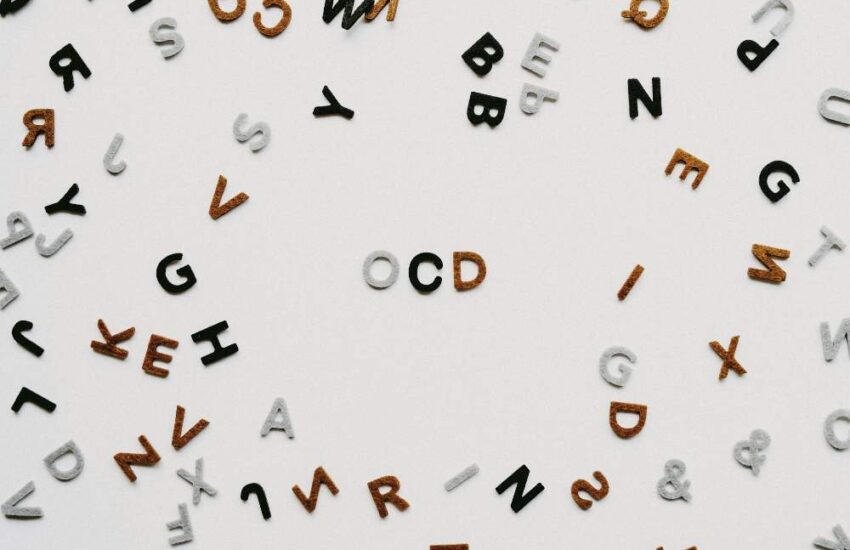Unlocking Hope: How Medicaid Can Support Drug Rehabilitation
Struggling with substance abuse can feel like being trapped in a maze with no way out. But amidst the chaos, there’s a glimmer of hope for those seeking a path to recovery: Medicaid. In this article, we’ll explore how Medicaid, the government-funded healthcare program, can be a vital resource for individuals battling addiction.
From covering treatment costs to offering support services, Medicaid plays a crucial role in breaking the chains of addiction and helping individuals reclaim their lives. For New Hampshire residents, click here for more information: Medicaid Drug Rehab in New Hampshire.

Understanding Medicaid
Before diving into how Medicaid supports drug rehabilitation, let’s get a grasp of what Medicaid is all about. Essentially, Medicaid is a joint federal and state program that provides health coverage to eligible low-income individuals and families. Unlike Medicare, which primarily serves the elderly and disabled, Medicaid is designed to assist those with limited financial resources.
The Battle Against Addiction
Addiction is a formidable adversary, affecting millions of lives across the nation. Whether it’s opioids, alcohol, or other substances, the grip of addiction knows no bounds. However, with the right support and resources, recovery is possible. This is where Medicaid steps in, offering a lifeline to individuals in need of assistance.
Coverage for Substance Abuse Treatment
One of the most significant ways Medicaid aids in the fight against addiction is by covering the costs of substance abuse treatment. This includes both inpatient and outpatient services, detoxification programs, counseling, and medication-assisted treatment.
For many individuals struggling with addiction, the financial burden of treatment can be a significant barrier. With Medicaid coverage, however, these barriers are reduced, making treatment more accessible to those in need.
Medication-Assisted Treatment (MAT)
Medication-Assisted Treatment, or MAT, is a comprehensive approach to treating substance use disorders. It involves the use of FDA-approved medications, such as methadone, buprenorphine, or naltrexone, in combination with counseling and behavioral therapies.
MAT has been shown to be highly effective in reducing cravings and withdrawal symptoms, improving treatment outcomes, and preventing relapse. With Medicaid coverage, individuals can access these life-saving medications without worrying about the cost, paving the way for a smoother path to recovery.
Counseling and Behavioral Health Services
Recovery from addiction isn’t just about addressing the physical aspects of substance abuse; it also requires addressing the underlying psychological and behavioral factors. That’s where counseling and behavioral health services come into play.
Medicaid covers a wide range of mental health and substance abuse counseling services, including individual therapy, group therapy, family counseling, and more. These services provide crucial support and guidance to individuals as they navigate the challenges of recovery.
Peer Support Services
In addition to professional counseling, peer support services are another valuable resource for individuals in recovery. Peer support specialists are individuals who have lived experience with addiction and recovery and can offer empathy, understanding, and practical assistance to others going through similar struggles. Many Medicaid programs cover peer support services, allowing individuals to connect with others who have walked in their shoes and find strength in community.
Case Management and Care Coordination
Navigating the healthcare system can be overwhelming, especially for individuals in the midst of addiction recovery. That’s where case management and care coordination services come in. Medicaid programs often provide dedicated case managers who work closely with individuals to ensure they receive the care and support they need.
From coordinating appointments to connecting individuals with community resources, case managers play a vital role in helping individuals stay on track with their recovery goals.
Prevention and Education Initiatives
While treatment is essential, preventing substance abuse in the first place is equally important. Medicaid funds a variety of prevention and education initiatives aimed at reducing substance abuse and promoting healthy behaviors.
This includes community outreach programs, school-based prevention efforts, and public awareness campaigns. By addressing substance abuse at its roots, these initiatives help create a safer and healthier environment for all.
Challenges and Limitations
While Medicaid provides crucial support for individuals seeking addiction treatment, it’s not without its challenges and limitations. Limited funding, varying eligibility criteria across states, and bureaucratic hurdles can sometimes make accessing care more difficult.
Additionally, not all treatment providers accept Medicaid, which can further limit options for individuals seeking help. However, despite these challenges, Medicaid remains a vital lifeline for millions of Americans battling addiction.
Recovery Housing and Transitional Support
Recovery doesn’t end when treatment concludes; it’s an ongoing journey that requires continued support and stability. That’s where recovery housing and transitional support services come in. Many Medicaid programs offer coverage for sober living environments, where individuals can reside in a supportive, substance-free setting as they transition back into society.
These environments provide a sense of community, accountability, and structure, which are essential for maintaining sobriety in the early stages of recovery. Additionally, Medicaid may cover transitional support services, such as job training, education assistance, and transportation vouchers, to help individuals rebuild their lives and achieve long-term success in recovery.
Family Support and Involvement
Addiction doesn’t just affect the individual struggling with substance abuse; it also impacts their loved ones. That’s why family support and involvement are critical components of the recovery process. Many Medicaid programs offer family counseling and therapy services to help loved ones understand addiction, improve communication, and heal relational wounds.
Additionally, Medicaid may cover support groups and educational workshops specifically designed for family members of individuals in recovery. By involving families in the recovery process, Medicaid helps create a strong support network that fosters healing and growth for everyone involved.
Continued Care and Relapse Prevention
Recovery is a lifelong journey, and relapse prevention is an essential aspect of maintaining sobriety over the long term. Medicaid recognizes the importance of continued care and offers coverage for ongoing treatment and support services beyond the initial recovery phase. This may include regular check-ups with healthcare providers, medication management, counseling sessions, and participation in support groups like Alcoholics Anonymous or Narcotics Anonymous.
By providing access to these resources, Medicaid helps individuals stay connected to their recovery community, learn valuable coping skills, and navigate life’s challenges without turning to substances. With continued care and support, individuals can build resilience, overcome obstacles, and live fulfilling lives free from addiction.
Conclusion
In the battle against addiction, Medicaid serves as a beacon of hope, offering support and resources to individuals in need. From covering treatment costs to providing counseling and support services, Medicaid plays a crucial role in helping individuals reclaim their lives from the grip of addiction.
While challenges may exist, the impact of Medicaid on addiction treatment and recovery cannot be overstated. With continued support and investment, Medicaid will continue to be a vital ally in the fight against substance abuse, unlocking hope and healing for those who need it most.


